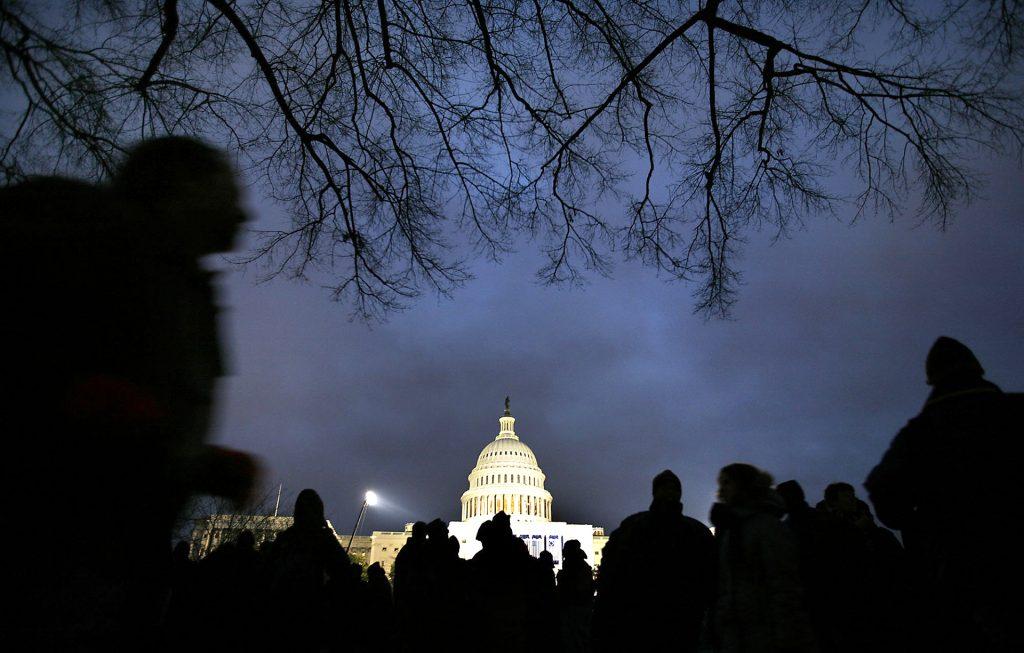The Tax Cuts and Jobs Act benefits more everyday Americans than it is given credit for.
The Tax Cuts and Jobs Act passed by Congress in December 2017 has proven to be a great asset to the economy of the United States. Since it has been several months since President Trump signed it into law, we are beginning to see many of its positive effects come to fruition.
Recent articles in this publication seem to push a widespread misrepresentation of the bill, referring to the bill as one that only helps the wealthiest Americans. This is clearly not the case. The nonpartisan Tax Policy Center recently released a study outlining effects of the tax bill, showing that the wealthiest 20 percent of Americans will pay 87 percent of all federal income taxes in 2018, an increase from 84 percent in 2017. Obviously, this does a lot to prove that this bill is not just one for America’s rich.
What is true, however, is that virtually everyone received tax cuts. Because of this, after-tax incomes are projected to rise for every tax bracket all the way through 2027, according to the Tax Policy Center. More money in the pockets of hardworking Americans is an undeniable net positive.
RELATED: Iowa legislators still hammering out deals on tax reform, budget as the session carries on
Yes, that includes more money for those in the upper-income brackets. There is a negative stigma surrounding the wealthy keeping more of their money, even though it obviously helps the country as a whole: Economic growth comes from the investment in new ideas and corporations. This can only happen if people have the money to invest. The reason that our lives continue to become easier and technology is developing at rapid rates is because people have expendable capital to feed into new products. Innovation comes from investment by those who have the money. Why this idea is controversial is beyond me.
Arguably the biggest asset to this law is its cutting the corporate tax rates from 35 percent to 21 percent, allowing American companies to better compete. Last year, the United States led the developed world with the highest corporate income tax rates (beating the likes of Norway, Denmark, and France). Here at home, the results are clear as companies invest in American labor, bringing the unemployment rate to its lowest point in two decades. Since the passing of the tax law, companies such as AT&T, Bank of America, and American Airlines have directed bonuses averaging $1,000 to hundreds of thousands of employees, while companies such as Walmart have raised starting wages and expanded parental leaves. These investments in American workers signal a bright future for corporate America.
Though not perfect, the bill has taken an outstanding step in the right direction. The simple, moral idea of allowing people to keep more of their earned money should be something for us all to root for.
— Peter Mills,
first-year UI student









